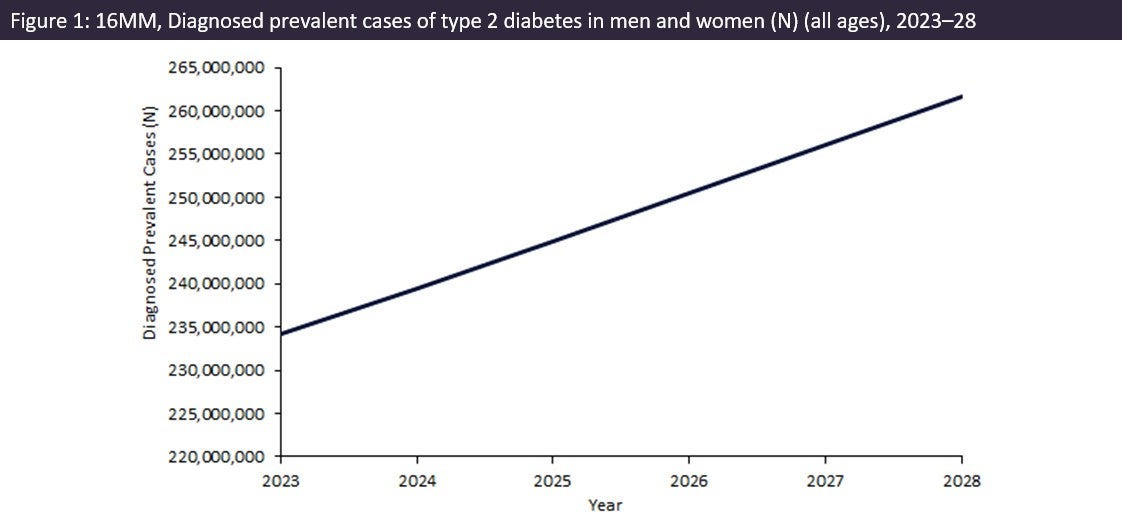From healthshots.com
If you're planning a pregnancy with diabetes, your lifestyle habits will need your special attention and doctor's extra care. Check out these tips!
Diabetes impacts fertility and can cause issues all through the stages of pregnancy and delivery. Therefore, pregnancy requires meticulous planning if one is diabetic. High blood sugar levels can cause problems at the time of conception, due to which there is a problem in pregnancy. If a woman is diabetic, a doctor’s advice must be taken to bring the condition under control before conception in case of a planned pregnancy.
When it comes to women, diabetes can make the process of pregnancy quite challenging. When glucose levels are not managed well, it can create difficulty in egg implantation, as well as problems such as increased thirst, urination, fatigue, frequent infections. These can become worse if the woman does not take care of her diabetes during pregnancy.

Tips to plan safe pregnancy with diabetes
There are a few measures that women can consider to manage fertility with diabetes. Here are some key tips for pre-planning pregnancy, according to Dr Archana S. Ayyanathan, Medical Director MD (Obstetrician and Gynaecologist), Archana IVF And Women Centre.
1. Meet the right consultant
Ensuring a successful pregnancy begins with mutual understanding, support and readiness between partners. The next step is to freely ask questions to a doctor. If you take medicines or hypoglycaemic agents to control blood sugar levels, consult your doctor about whether it is the right and safe time to conceive. Be open to the expert, and if there are any other problems such as heart, kidney, and liver problems due to diabetes, it is also necessary to treat them before becoming a mother. These problems can increase due to pregnancy and harm the unborn child’s health.
2. Menstrual cycle and sugar level
It is equally crucial to focus on the menstrual cycle, which could impact your blood sugar levels. The menstrual cycle can also trigger the sensitivity of glucose and insulin, which further affect your metabolism. Moreover, hormonal variations during the cycle can impact appetite and cravings, influencing a woman’s dietary choices.
3. Regulate your blood sugar levels
If you have gestational diabetes or type 2 diabetes, your healthcare provider must give you medications to assist you in overseeing your blood sugar levels. Take your medication exactly as directed. Track your blood sugar levels and have a record for ready reference.
4. Follow a healthy diet
A healthy diet is essential for efficiently treating diabetes and boosting fertility. Women should aim for a diet that includes a range of fruits and vegetables, lean protein sources and healthy grains. It is best to limit your intake of calorie-dense, high-fat meals as well as sugary beverages. Furthermore, diabetic women should work with a qualified dietitian to develop a personalized food plan matching their nutritional needs.
5. Exercise regularly
Exercise should be a part of the routine. It is critical to talk with your healthcare professional to ensure your physical activity plans are safe for you. If you are pregnant already, choose pregnancy-safe activities such as walking, swimming, stationary cycling, prenatal yoga, or low-impact aerobics. These low-impact workouts reduce the likelihood of falling or suffering an abdominal injury.
6. Plan ahead
Women with diabetes who want to conceive should take precautions to ensure a successful pregnancy. Consultation with their healthcare practitioner is essential for optimizing blood sugar management and addressing any health problems that may arise during pregnancy. Furthermore, lifestyle changes, including quitting smoking and drinking alcohol, might improve the odds of a healthy pregnancy.
Treating diabetes while planning a pregnancy requires diligent preparation and close collaboration with healthcare specialists.





